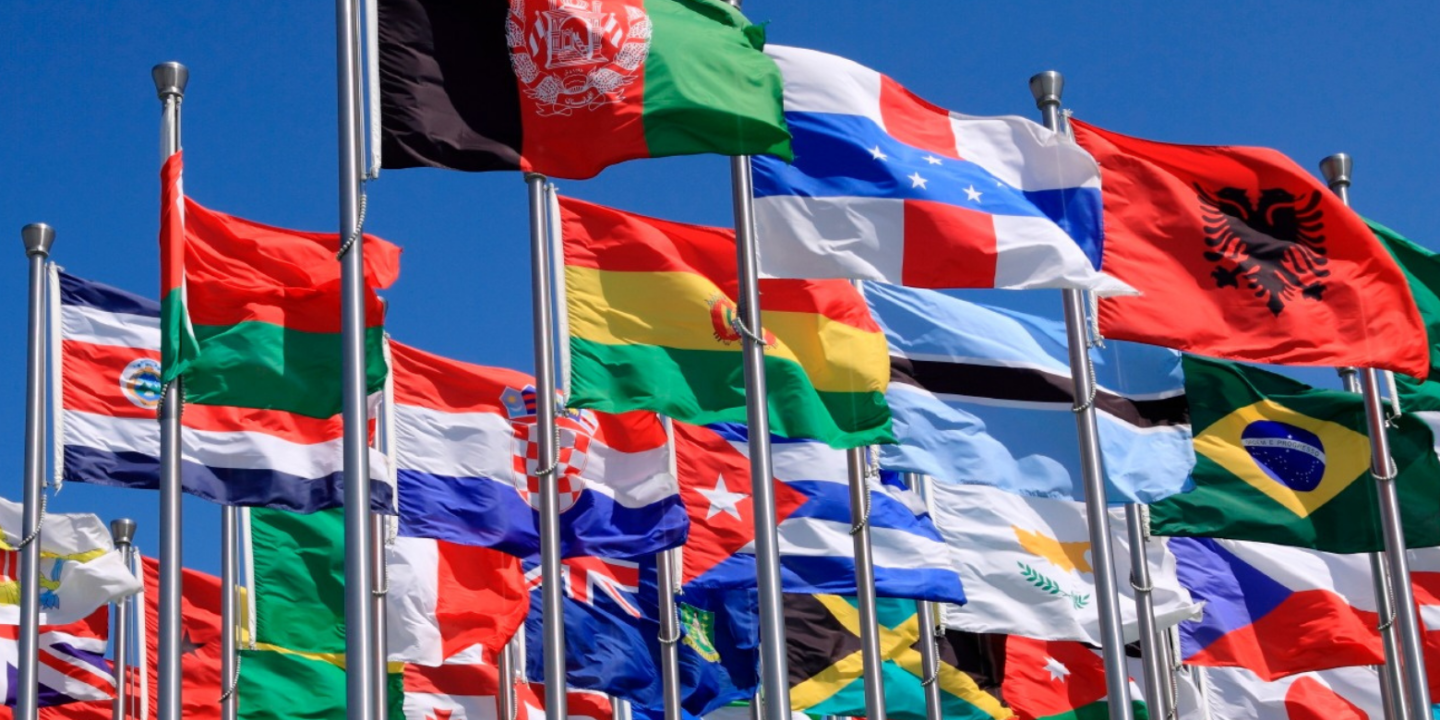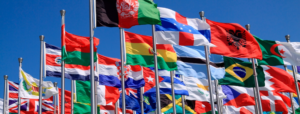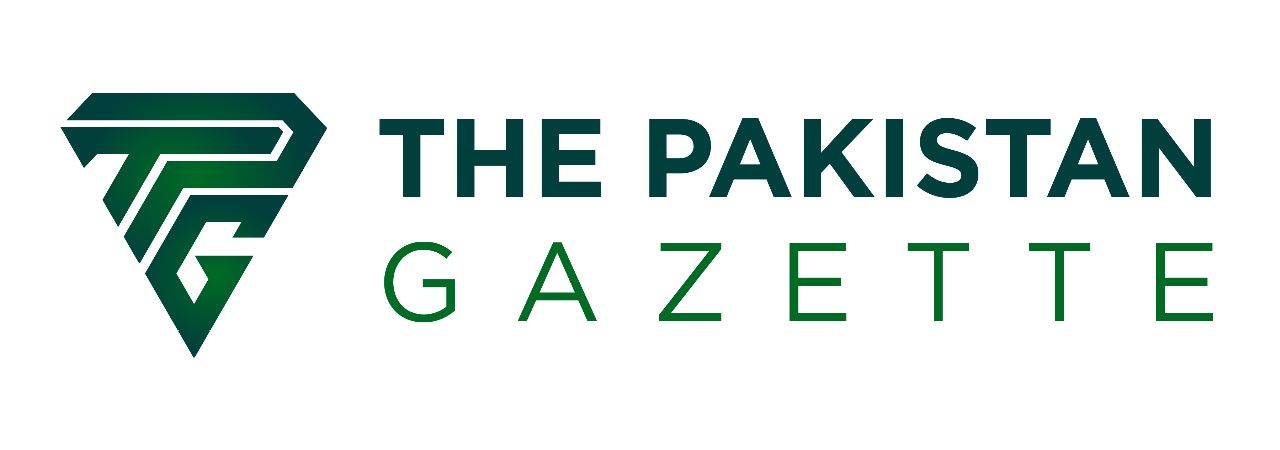
Sovereignty, Its Determinants and Challenges, Pakistan’s Perspective

Sovereignty
Sovereignty refers to the supreme and absolute authority within a territory, exercised by a government or a state, over all its affairs, both internal and external, independent of any outside control or interference. It represents the right of a state to govern itself and make decisions without external interference and is considered a core concept of modern political theory.
Determinants of Sovereignty
There are several determinants of sovereignty, including:
- Recognition: Sovereignty is recognized and accepted by other states, which acknowledge the state as an independent entity with the right to govern itself.
- Control over territory: A sovereign state must have control over a defined territory and the ability to enforce its laws within that territory.
- Monopolistic control over the use of force: A sovereign state must have a monopoly on the legitimate use of force within its territory.
- Effective power to govern: A sovereign state must have the capability to govern, including the ability to make and enforce laws, maintain public order, and provide for the common defence.
- Independence: A sovereign state must be free from external control or interference, including economic and political pressure.
These determinants are not always present in every state, and their relative strength can vary. In some cases, disputes over sovereignty can arise, leading to conflicts between states or within states.
Challenges to Sovereignty
- Globalization: The increased interconnectedness of the world, driven by technological and economic forces, has made it more difficult for states to control their borders and regulate trade, finance, and migration.
- Human rights: The concept of human rights has gained increased attention and legitimacy, creating tensions between the right of states to govern themselves and the obligation to protect the rights of individuals.
- Terrorism: The threat of terrorism and transnational crime has led to increased international cooperation and information sharing, which can challenge a state’s sovereignty.
- Cyber attacks: The increasing reliance on technology and the internet has created new vulnerabilities and the potential for cyber attacks that can undermine a state’s sovereignty.
- Climate change: Climate change can result in environmental degradation and displacement of populations, leading to tensions between states over shared resources and territories.
These challenges highlight the complex and interdependent nature of modern state sovereignty and the need for states to work together to address global issues.
Globalization and Sovereignty
- Cross-border flows: Globalization has led to increased cross-border flows of goods, capital, people, and information, making it more difficult for states to regulate trade and investment, control immigration, and protect their cultural identity.
- International institutions: The rise of international institutions and regimes, such as the World Trade Organization (WTO) and the International Monetary Fund (IMF), has led to the transfer of some decision-making power from states to international organizations, potentially eroding national sovereignty.
- Economic interdependence: The growth of international economic interdependence has led to increased economic and financial interconnections, making it more difficult for states to control their economies and respond to economic shocks.
- Cultural homogenization: Globalization has led to increased cultural exchange and homogenization, which can challenge a state’s ability to preserve its cultural identity and traditions.
- Power asymmetry: The unequal distribution of economic and technological resources can challenge the sovereignty of weaker states, as they become increasingly dependent on more powerful actors in the global economy.
These challenges to sovereignty highlight the need for states to find a balance between protecting their sovereignty and participating in the global economy and institutions.
Challenges to Pakistan’s Sovereignty
- Terrorism and militancy: Pakistan has struggled with domestic terrorism and militancy, which pose a significant threat to its internal security and stability.
- Border disputes: Pakistan has ongoing disputes with India over the status of the Kashmir region, which challenges its sovereignty over the area.
- Religious extremism: The rise of religious extremism and sectarian violence within Pakistan has challenged its ability to maintain internal stability and promote national unity.
- Political instability: Political instability and corruption have undermined the legitimacy of the government and challenged its ability to govern effectively.
- External interference: Pakistan has faced criticism and pressure from international actors over its handling of regional security issues, which can challenge its sovereignty and independence.
- Economic dependence: Pakistan’s dependence on foreign aid and remittances from abroad challenges its sovereignty, as it becomes increasingly reliant on external actors for economic stability.
These challenges highlight the need for Pakistan to address internal and external threats to its sovereignty and maintain its independence and stability.
Admin at The Pakistan Gazette

